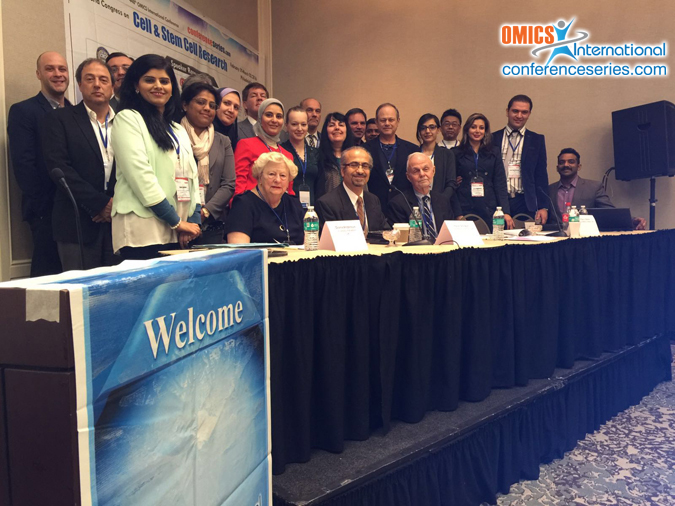
Atefeh Roein Tan
Shefa Neuroscience Research Center, Iran
Title: The effect of selegiline as an efficient and preinducer for neuronal differentiation of rat bone marrow stromal cells on gene expression of neurotrophins and their receptors
Biography
Biography: Atefeh Roein Tan
Abstract
Cell therapy is one of the approaches for the treatment of locomotive deficits in spinal cord injuries and neurodegenerative disorders. Neural stem cells derived from bone marrow stromal cell are considered as a feasible option for cell therapy. Epigenetic experts have reported that cell differentiation during the development process of BMSCs to NSCs is controlled by several factors including growth and environmental factors as well as regulation and induced effects. Several protocols are using different chemicals for inducing neuronal differentiation of BMSCs. In this study, we investigated the feasibility of using of Selegiline as an efficient inducer for neuronal differentiation of rat BMSCs and its effect on gene expression of neurotrophins and their receptors. Based on our results, Selegiline has multiple effects which makes it a good candidate for inducing neuronal phenotype into BMSCs. Also it has ability to induce the expression of some genes like neurotrophic factors. Therefore, it can be considered as an alternative neuroprotective inducer for BMSCs where the induced cell can still be used for cell therapy. Moreover, the local expression of neurotrophin genes suggests a wide range of paracrine and/or autocrine mode of action through their corresponding receptors within the bone marrow. For our experiments, after achieving the optimal concentration of Selegiline the expression of antibodies Nestin , Neurofilament 68,Neurofilament 200, TH, Neu-N and GFAP was evaluated using immunocytochemistry. Furthermore, the expression profile of neurotrophins NGF, BDNF and NT-3 and their receptors (TrkA/B/C, p75NTR) was examined during neural differentiation by RT-PCR.

